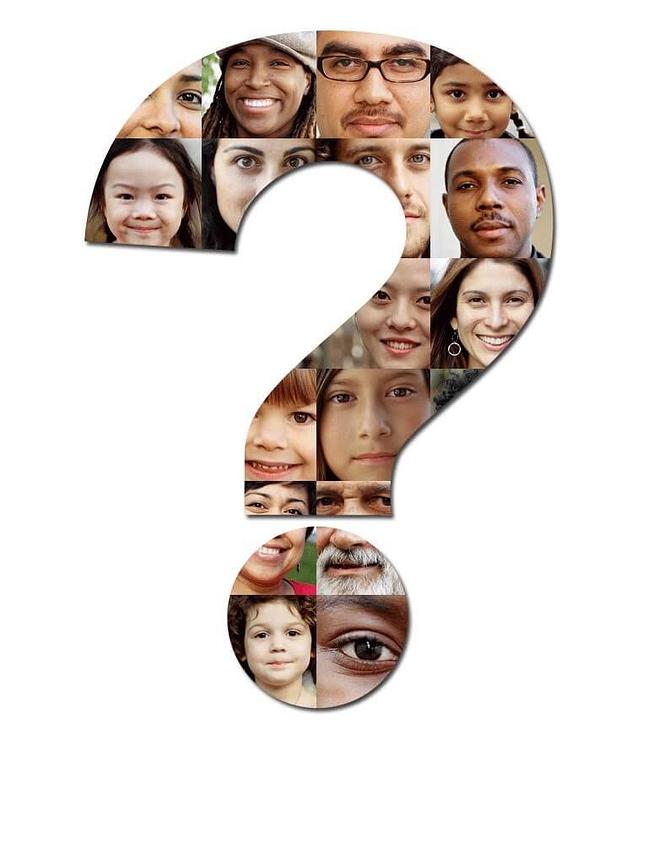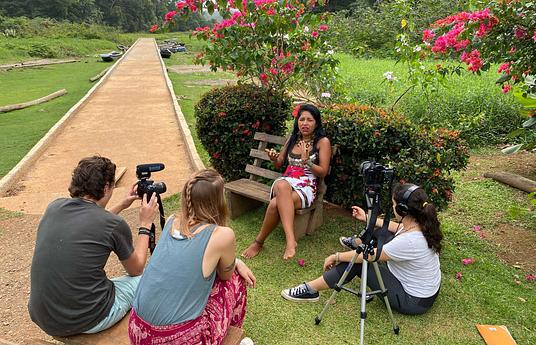In our increasingly globalised world, students need the tools to think critically about identity and equality; they need to be able to engage with others around sensitive topics, and they need to be able to interact in a way that fosters inclusive spaces of learning.
However in schools, sensitive topics like race, sexuality, and other axes of identity are often left undiscussed because teachers find them difficult to talk about.
To overcome these barriers, Interactive Diversity Solutions has created the (Don’t) Guess My Race web-based program to support the teaching of diversity issues. (Don’t) Guess My Race is an interactive digital program aimed at teenagers to help them think critically about race and other axes of identity.
The program engages students with stunning photos and interesting quotes from real people while also presenting fascinating insights from a wide range of social sciences. The learning outcomes of the (Don’t) Guess My Race program are based on principles that have been scientifically shown to reduce bias and stereotyping.
Users are shown photographs and are asked to guess how the people in the photographs might have self-identified when asked the question, “What race are you?”. Seeing how people self-identify and reading quotes from interviews with those people opens a window into the complexity of identity and breaks up stereotypes.



